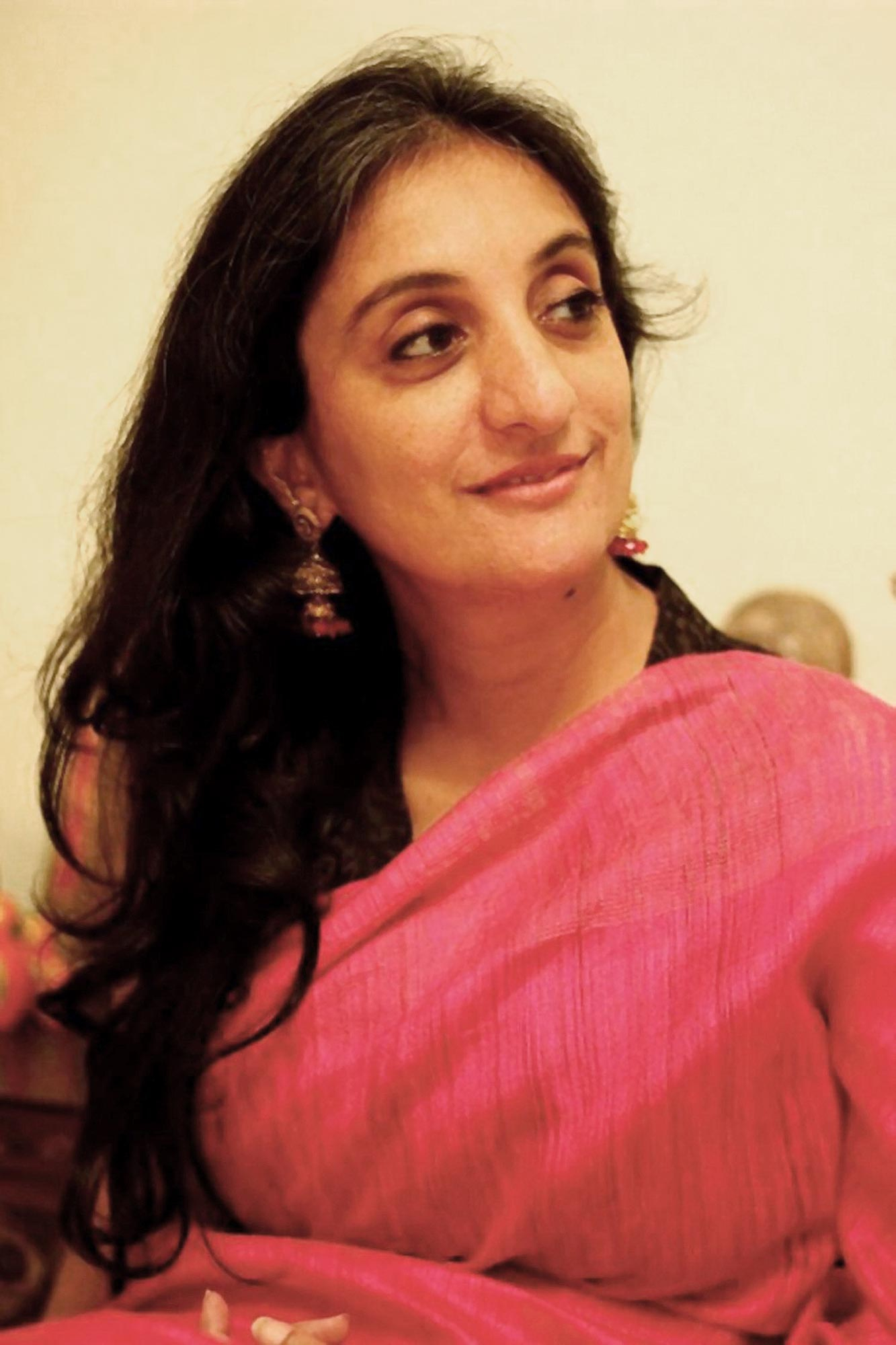Basket
We love the new basket. We use it for napkins or cell phones.


✓ Item added to cart
View Cart
Providing rural village artisans with the tools and recourse they need to market and sell their products, India's Payal Nath is proud to make a positive change in the world. She presents this basket, handwoven from local reed grass in a tan color. Its oval shape is accentuated with black handles carved from lambu wood. Perfect for storing small items or for simple decoration, this piece makes a charming addition to any home.

Artisan Organization: Payal Nath
Country: India
Payal Nath and Pooja Ratnakar founded an organization to reduce poverty by helping people become self-reliant and earn a living by creating high quality crafts.
"In April 2006, we began providing training, offering new innovative rural technologies, teaching professionalism, and providing infrastructure. In 2008, we began working to create marketing support/distribution channels for the villagers' creations," Payal Nath explains.
"What started as a movement with 24 women in Orissa, now includes 500 to 600 families we have trained and helped. Our vision is to tackle the roots of poverty in rural areas which lead to unskilled youth migrating to cities.
"We seek to empower village communities — mainly artisan women and youth — by improving their skill level, which allows them to become self-employed artisans. We aim to tackle the problems of uneducated young people migrating to cities, which can lead to the creation of slums, unemployment and violence.
"Our organization was created for the people of India's rural villages, who comprise about 69 percent of the country. At the grassroots level, we try to create employment opportunities in the villages as well as create better conditions for education. We have also been very successful in reducing social, caste and gender inequalities for rural women.
"In order to create employment opportunities at the village level, our volunteers and professionals work to create small and medium businesses that will use local resources and teach professionalism, a concept of quality and commitment. We've helped improve the living standard of our artisans by providing them with a regular income. Women without an income are now becoming financially independent. Our work has been appreciated by many and we've been nominated for awards. This has been very satisfying and we’re grateful to all our artisans and staff.
"We've also had our share of funny moments. Since the women artisans didn't know how to measure while working on a big order of sabaii grass bags, they used gutte haath, which means measuring 'from fist to elbow.' Since every woman was different in structure and height, all the bags came out in different sizes – but that is the beauty of crafts – you can never have the same two pieces. In the end, when the orders were being loaded, everyone cried tears of joy and bade farewell to the bags they spent the last few months making.
"We use sabaii grass and bamboo, which are easily available and renewable. Bamboo grows in the artisans' backyards and is easily available from other providers. Sabaii grass is a perennial grass cultivated by farmers. The grass is dried, dyed and woven into ropes or plaits.
"We seek to help our artisans earn money on the side. We can continue to make baskets, boxes and trays out of the same materials but with better skills.""